KETOCONAZOLE + ZINC PYRITHIONE
Ketoconazole: Ketoconazole is an antifungal medication used to treat various fungal infections in the body. It is available in oral tablet form as well as topical cream or shampoo.
The mechanism of action of ketoconazole involves inhibiting the synthesis of ergosterol, a key component of fungal cell membranes. By disrupting the cell membrane integrity, it weakens and kills the fungus, effectively treating the infection.
The dosage of ketoconazole may vary depending on the type and severity of the infection being treated. For oral tablets, the usual dose ranges from 200 to 400 mg once daily and can be taken with or without food. The duration of treatment can range from a few weeks to several months, depending on the condition.
When using ketoconazole topically, it is typically applied to the affected area once or twice daily. The cream or shampoo should be massaged into the skin or scalp and left on for the prescribed duration before rinsing. It is important to read and follow the instructions provided with the medication.
Like any medication, ketoconazole can cause side effects, although not everyone experiences them. Common side effects of oral ketoconazole may include nausea, vomiting, abdominal pain, headache, and dizziness. Rarely, it can cause liver damage, so it is essential to monitor liver function while taking the medication.
Topical ketoconazole may lead to skin irritation, itching, or a burning sensation at the application site. If these side effects worsen or persist, it is recommended to contact a healthcare provider.
It is important to note that ketoconazole may interact with other medications, so it is crucial to inform your healthcare provider about all the medications you are taking, including prescription, over-the-counter, and herbal products, to avoid potential drug interactions.
Overall, ketoconazole is an effective antifungal medication used to treat a variety of fungal infections. However, it is essential to follow the prescribed dose and duration of treatment and consult a healthcare professional if any side effects occur or persist.
Zinc Pyrithione: Drug Name: Zinc Pyrithione
Use: Zinc Pyrithione is primarily used in skincare and haircare products. It is commonly found in shampoos, soaps, and creams that are used to treat dandruff, seborrheic dermatitis, and psoriasis.
Mechanism of Action: The exact mechanism of action of Zinc Pyrithione is still not fully understood. However, it is believed to work by inhibiting the growth of fungi and bacteria on the skin. It has antifungal and antibacterial properties which help in reducing inflammation, itching, and flaking of the scalp or skin.
Dose: The dose of Zinc Pyrithione depends on the specific product it is used in. For dandruff or seborrheic dermatitis shampoos, it is typically used 2-3 times per week or as directed by a healthcare professional. For creams or soaps, it is applied to the affected areas as directed on the product label.
Side Effects: Zinc Pyrithione is generally considered safe when used according to the product instructions. However, some individuals may experience mild side effects such as skin irritation, redness, or dryness at the application site. If any severe or prolonged side effects occur, it is advised to discontinue use and consult a healthcare professional.
It is important to note that Zinc Pyrithione should not be ingested or come into contact with the eyes. If accidental ingestion or eye contact occurs, immediate medical assistance should be sought.

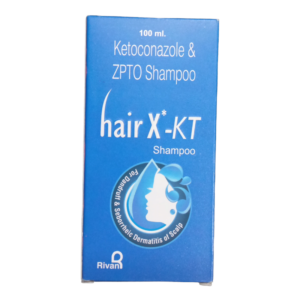
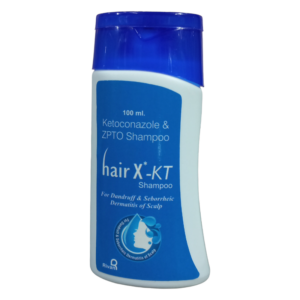
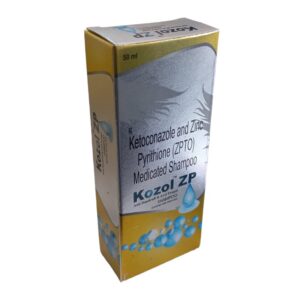
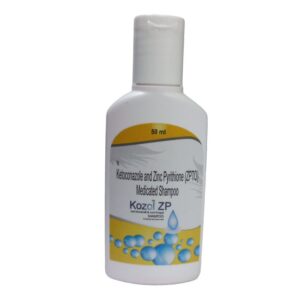
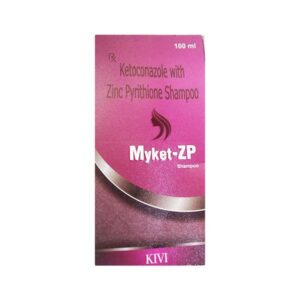
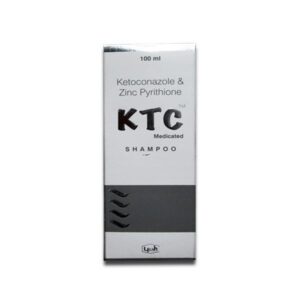
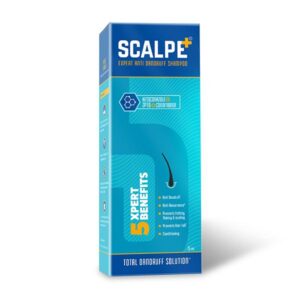
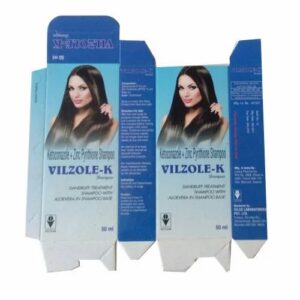
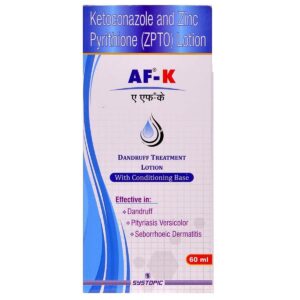
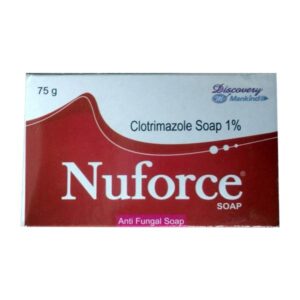
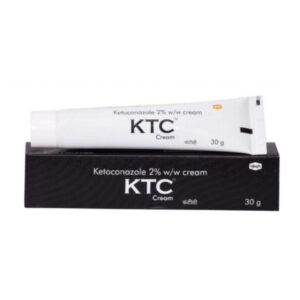

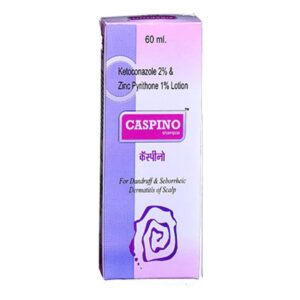
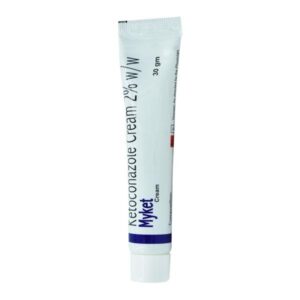
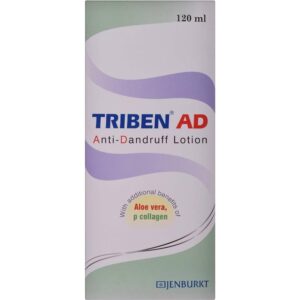
![KETOSTAR ANTI DANDRUFF [ NUFORCE SHAMPOO ] 50ML DERMATOLOGICAL CV Pharmacy KETOSTAR ANTI DANDRUFF [ NUFORCE SHAMPOO ] 50ML DERMATOLOGICAL CV Pharmacy](https://static.meds.cvpharmacy.in/wp-content/uploads/2024/06/1129_ce56686e-a12f-4f25-9f8b-5371e45782e2_ce56686e-a12f-4f25-9f8b-5371e45782e2-1-300x300.jpg)